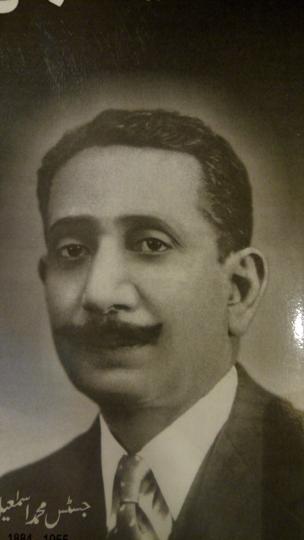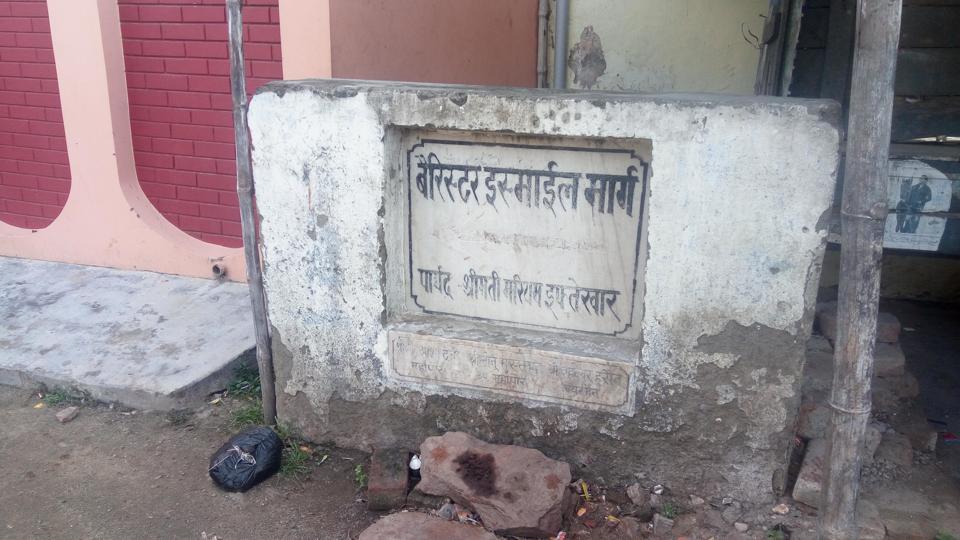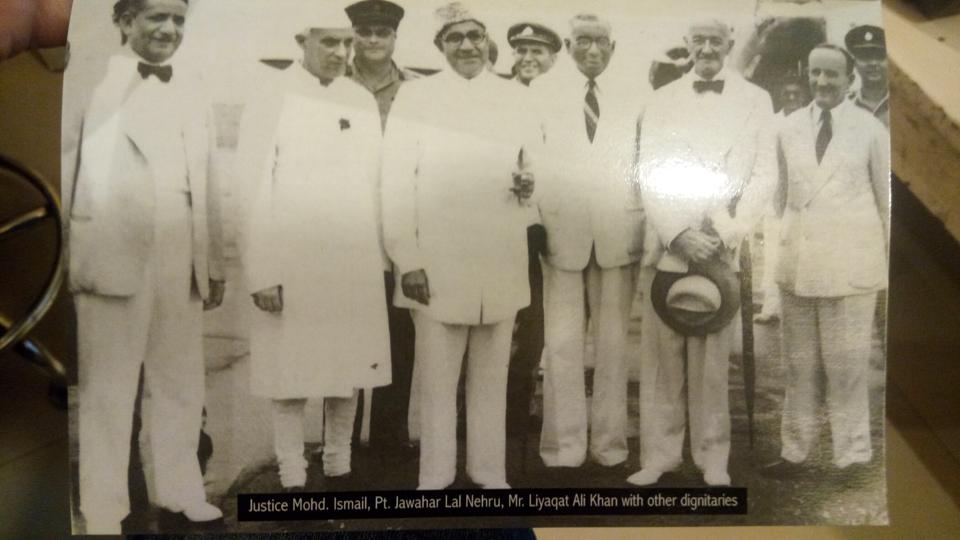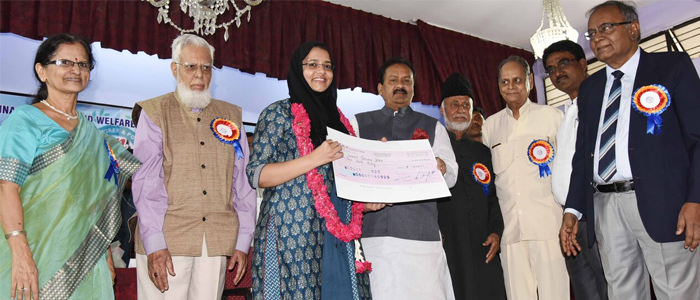Gorakhpur, UTTAR PRADESH :

An old, white building located in Unchwa area and a road named after him are just a few markers left to remind posterity of justice Mohammad Ismail, who agreed to serve as Pakistan’s first high commissioner in India but on the condition that he would discharge his duties as an Indian citizen.
Pakistan PM Liaquat Ali Khan insisted that justice Ismail serve as high commissioner but the offer was only accepted when Indian PM Jawahar Lal Nehru and his Pakistan counterpart agreed to accept the condition, which showed the immense love of justice Ismail towards his country.
Born in Gorakhpur in 1844, justice Ismail, also held several eminent posts including Chairman of Gorakhpur Municipal Board between 1915 to 1932, besides acting as government pleader.
“Yes, justice Ismail was the first High commissioner of Pakistan in India. Those days, instead of embassies there were offices of the high commissioner in all Commonwealth countries,” explained DDU Gorakhpur University Modern History professor Chandra Bhushan Ankur.

Justice Ismail’s nephew and city-based physician, Aziz, who has preserved rare photographs of justice Ismail with dignitaries including Nehru, Sarojni Naidu, and others, said “Since Ismail was well known to leaders of both countries, the Pakistan government approached him to take charge as Pakistan’s high commissioner in Delhi. Considering the prevailing situation in the subcontinent after partition, he agreed to function as their high commissioner on condition that he shall not relinquish his Indian citizenship and the proposal was accepted by both countries and he remained the sole example in international diplomatic history to have acted as High commissioner of one country while being the citizen of another.
“It’s important to note that after his tenure came to end, Pakistan further proposed his name as its representative in the United Nations but justice Ismail declined the offer as it would again require him accept Pakistani citizenship, which he didn’t like. He loved his motherland so he declined the offer and came back to Gorakhpur in 1953. He died in Unnao and was buried in Gorakhpur.”

Aziz further said: “It was then during this period that Ismail managed the affairs of refugees for the safe passage and was instrumental in bringing together the PMs of both countries to pen the Nehru-Liaquat Pact, a bilateral treaty which allowed refugees to return and dispose of their property, abducted women and looted property to be returned and most importantly guaranteeing the rights of minorities.
In 1922, during the freedom movement, when Nehru was arrested from Gorakhpur, justice Ismail as government prosecutor politely refused to pursue the case against the latter, citing his close relationship with the Nehru family. Years later, when Nehru Became PM, he proposed to name Lal Diggi Park after justice Ismail but that couldn’t happen.
Justice Ismail completed his graduation from Anglo Oriental College, which later become Aligarh Muslim University, before moving to England to earn a degree of Barrister from Lincoln’s Inc. On returning to India around 1915, he started practising in court and later rose to become government advocate in the Allahabad high court and then acted as Chief Judge in central India with headquarters in Raigarh.
source: http://www.hindustantimes.com / HindustanTimes / Home> India> Cities / by Abdul Jadid / August 14th, 2019









